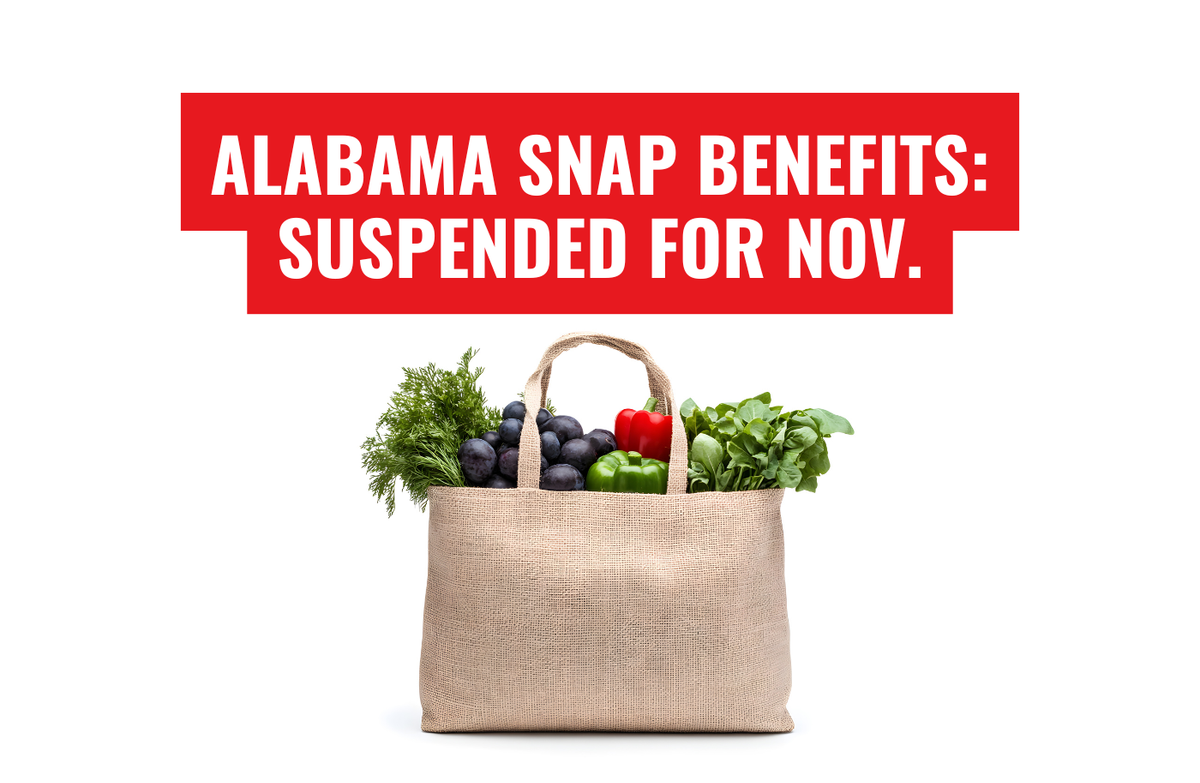Alabama SNAP Benefits Face Suspension Amid Federal Government Shutdown

Huntsville, AL - In a significant development for low-income households and the broader economy, the Alabama Department of Human Resources has confirmed that Supplemental Nutrition Assistance Program benefits will not be issued starting November 1, 2025. This decision stems from the ongoing federal government shutdown, which has disrupted funding flows from the United States Department of Agriculture to states administering the program. With approximately 750,000 residents relying on these benefits for essential food purchases, the halt represents a critical challenge for both individuals and businesses across North Alabama and the nation.
The shutdown, now entering its later stages, has led to a nationwide suspension of SNAP reimbursements, affecting an estimated 42 million Americans in total. In Alabama, the program supports vulnerable populations, including working families, seniors, and children, by providing electronic benefit transfers for groceries. Without federal backing, state officials have indicated that no new allocations will occur next month, though any previously loaded funds remain accessible. This measure aligns with actions in at least 25 other states planning similar cutoffs, highlighting the widespread fiscal pressures from the prolonged impasse in Washington.
For residents in Huntsville and surrounding North Alabama communities, the implications are immediate and profound. Many households depend on SNAP to bridge gaps in food security, particularly in areas with higher poverty rates. The sudden pause could exacerbate challenges like increased reliance on community food banks and pantries, potentially straining local nonprofit resources. In a region known for its growing tech and manufacturing sectors, this disruption may also affect workforce stability, as employees facing food shortages could experience reduced productivity or higher absenteeism.
From a business perspective, the suspension poses risks to retail and agricultural sectors that benefit from SNAP spending. Grocery stores, supermarkets, and convenience outlets in Huntsville, such as major chains and independent operators, typically see a portion of their revenue from these transactions. A drop in purchases could lead to lower sales volumes, inventory surpluses, and possible layoffs in food distribution networks. Economists note that SNAP dollars circulate quickly through local economies, supporting jobs in farming, transportation, and wholesale operations. In Alabama, where agriculture remains a key industry, reduced demand for staples like produce and dairy might ripple upstream to suppliers and processors.
Nationally, the shutdown's toll on SNAP underscores broader economic vulnerabilities. The program's suspension could dampen consumer spending in the retail food sector, which contributes significantly to gross domestic product. Businesses nationwide, from large grocers to small vendors, may face similar headwinds, prompting calls for swift resolution to restore funding stability. Alabama leaders have emphasized the need for federal action to prevent long-term harm to both human services and commercial activities.
As the situation evolves, stakeholders in Huntsville and across the state are monitoring developments closely. Community organizations and business groups may step up efforts to provide interim support, while advocating for an end to the shutdown. For now, affected individuals are encouraged to contact local human resources offices for guidance on alternative assistance programs. This event serves as a reminder of how federal policies intersect with local commerce, influencing everything from household budgets to business bottom lines in North Alabama.



